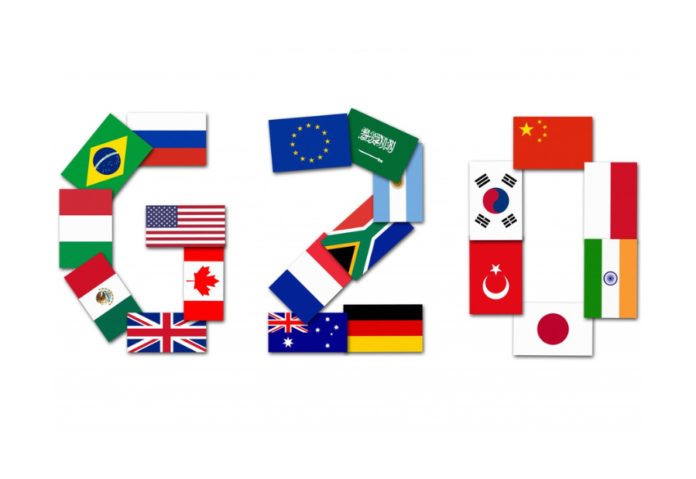The event aims at forging digital global alliances needed to handle the geopolitical conflicts and better services for the people
India, at the first digital economy working group meeting of G20, will be pitching for creating stronger unified payments interface (UPI) ecosystem among partner countries. The first meeting will take place in Lucknow on Monday.
In the three-day long event, as many as 141 delegates from partner countries and guests from 33 nations will participate. The event aims at forging digital global alliances needed to handle the geopolitical conflicts and better services for the people.
India is trying to partner with other countries to create a stronger UPI ecosystem which would allow Indians visiting foreign countries to use UPI platform for payment, said Alkesh Kumar Sharma, secretary for ministry of electronics and information technology.
Already RuPay is being accepted in Singapore, United Arab Emirates and Bhutan, he added.
Meanwhile, officials said all preparations have been made to offer digital experience to the visiting delegates. “For instance, food items they take from the hotel lobby will provide a digital peek through. We have put up QR code (quick reader code) over popular Indian dishes that will provide information about the ingredients being used, the amount of spices being used and the recipe to prepare the same dish,” said an officer.
An officer from the state IT department, while elaborating on the plans of the UP government, revealed that through AR (augmented reality) and VR (virtual reality) agricultural industry products and technology that has been deployed by the government, would also be showcased.
Also read: Is serverless architecture a need for organisations in 2023?
Do Follow: CIO News LinkedIn Account | CIO News Facebook | CIO News Youtube | CIO News Twitter
About us:
CIO News, a proprietary of Mercadeo, produces award-winning content and resources for IT leaders across any industry through print articles and recorded video interviews on topics in the technology sector such as Digital Transformation, Artificial Intelligence (AI), Machine Learning (ML), Cloud, Robotics, Cyber-security, Data, Analytics, SOC, SASE, among other technology topics






